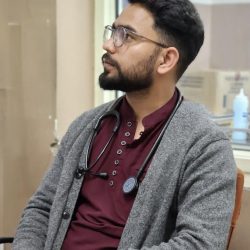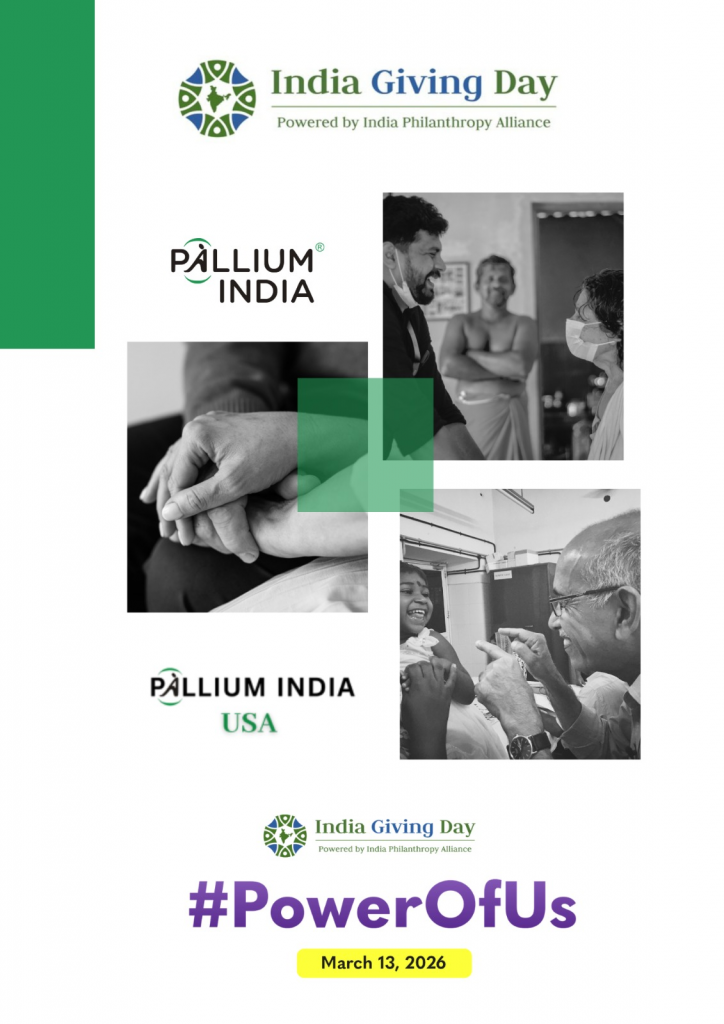End of Life Care Workshop in Delhi
 Dr Nandini Vallath, Pallium India’s consultant, writes:
Dr Nandini Vallath, Pallium India’s consultant, writes:
“Law is codified common sense.” This is the sentence that remains uppermost in my mind when I think of the meeting on end of life care and law, held at the Taj Vivanta in Dwarka, Delhi, on the 10th of July 2016. The meeting was organised through the collaborative efforts of three professional bodies – Indian Association of Neurology, Indian Association of Palliative Care and the Indian Association of Critical Care Medicine.
In an event beautifully conducted by Dr Roop Gursahani, attendees including medical professionals, lawyers, media and the public discussed the draft law brought up by the government of India. The discussions were grouped under the following themes:
Panel 1 – discussed ‘Patient perspectives’
Panelists: Harmala Gupta, Priya Jain, Nagesh Simha, Ajit Mansingh
The certainty of death and the importance of anticipating it were discussed by this panel. Several members of the audience shared personal stories that revealed the gaps and questioned the humane factor of care that is missing in the hospital culture.
Panel 2 – The Doctor’s perspectives
Panelists: Raj Mani, Shivakumar Iyer, Sushma Bhatnagar, Sanjay Nagral
This panel discussed the relevance of the law within the current context of inappropriate and disproportionate interventions using biomedical technology. The alarming concerns on distressful, terrifying deaths were brought out and the audience contributed actively through sharing of personal experiences.
Panel 3 – Importance of social mobilization
Nandini Vallath, Anita Anand, Apoorva Pauranik, Vinita Singh
The Kerala experience of community mobilization was shared along with lessons from the campaign on constitutional rights. The idea of organizing a public campaign for living will was discussed with strategies to develop awareness amongst the masses from all walks of life in India.
Panel 3 – The related legal angles
Girish Gokhale, Vivek Diwan, Nausher Kohli
Eminent lawyers emphasized the relevance of the law as the right of every citizen of India for regulating her/his own treatment and choose to ensure a dignified exit from life. Legalities of traditional practices such as Sallekhana too, came up in the discussions.







It sounds like a wonderful workshop! Should be replicated. I wish I had been there to learn more.
Well done. Top marks.